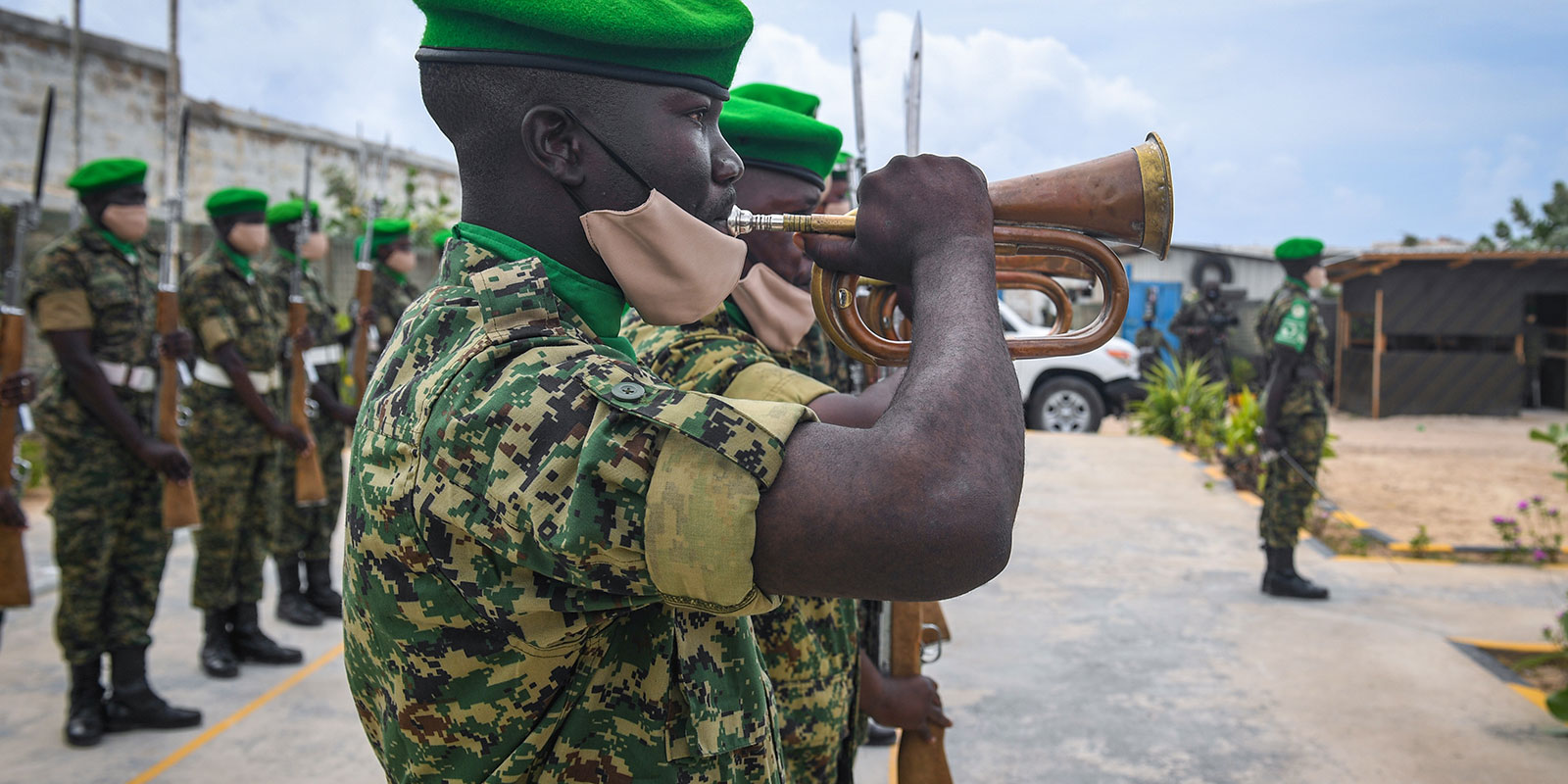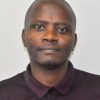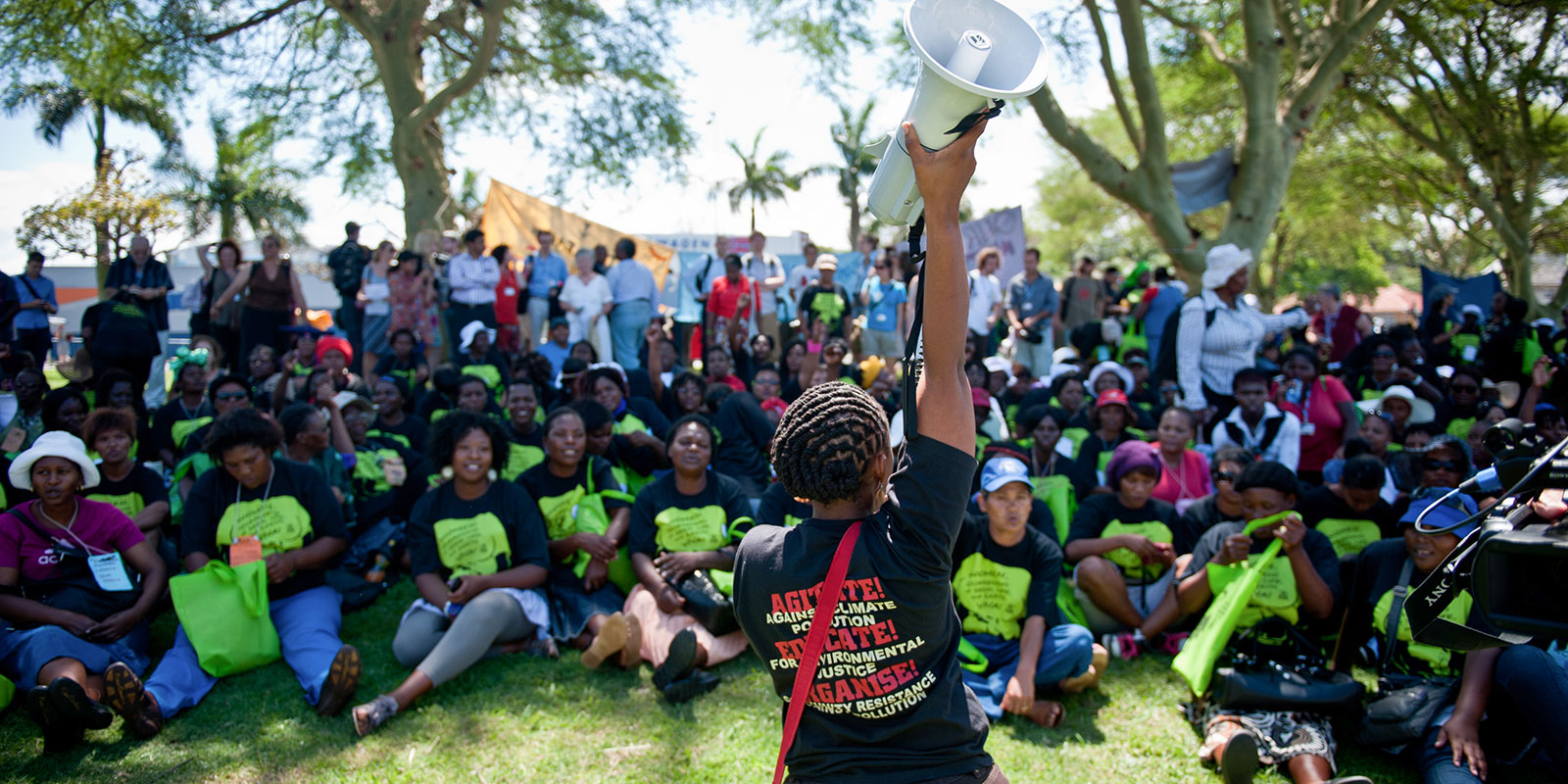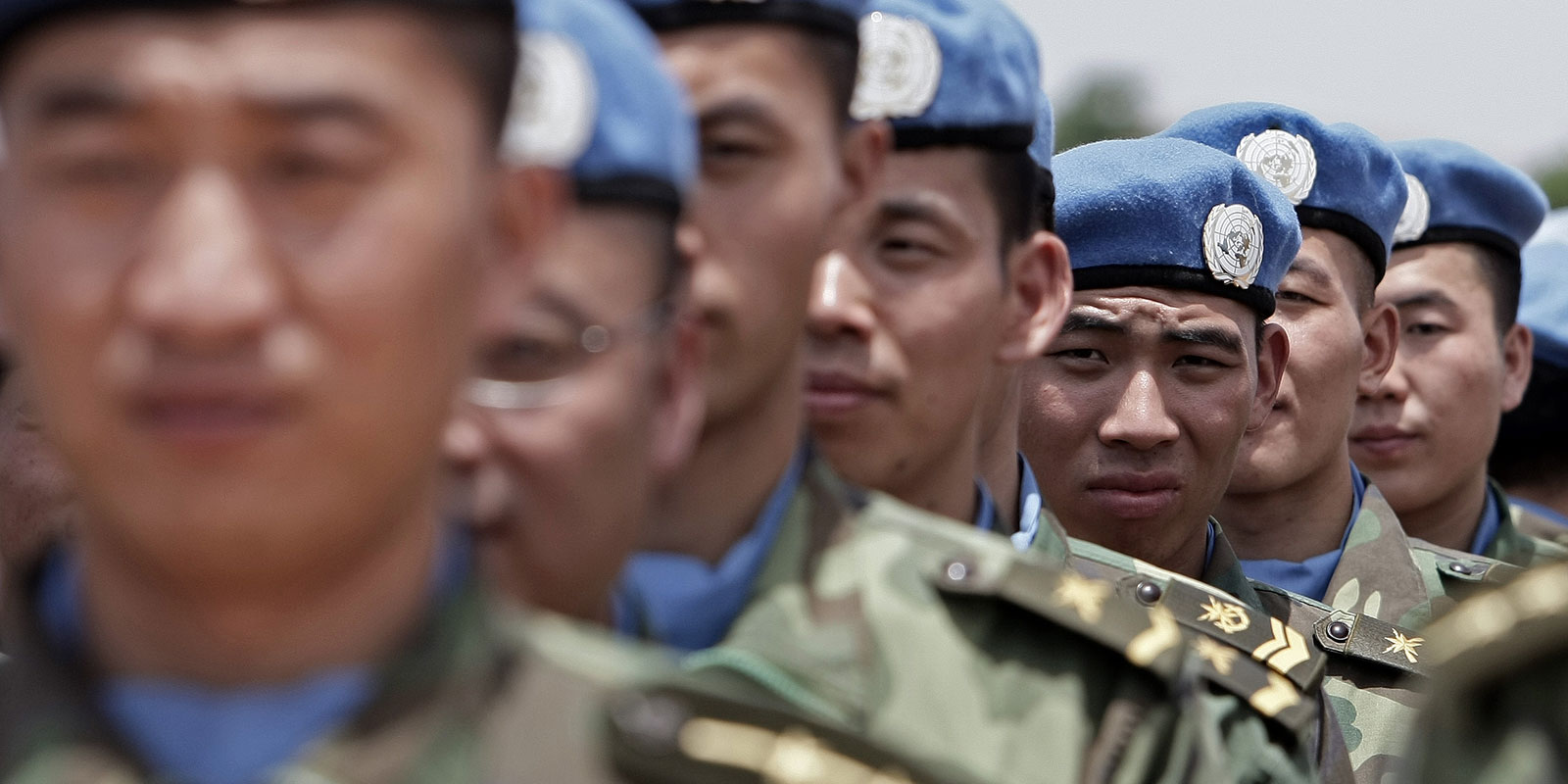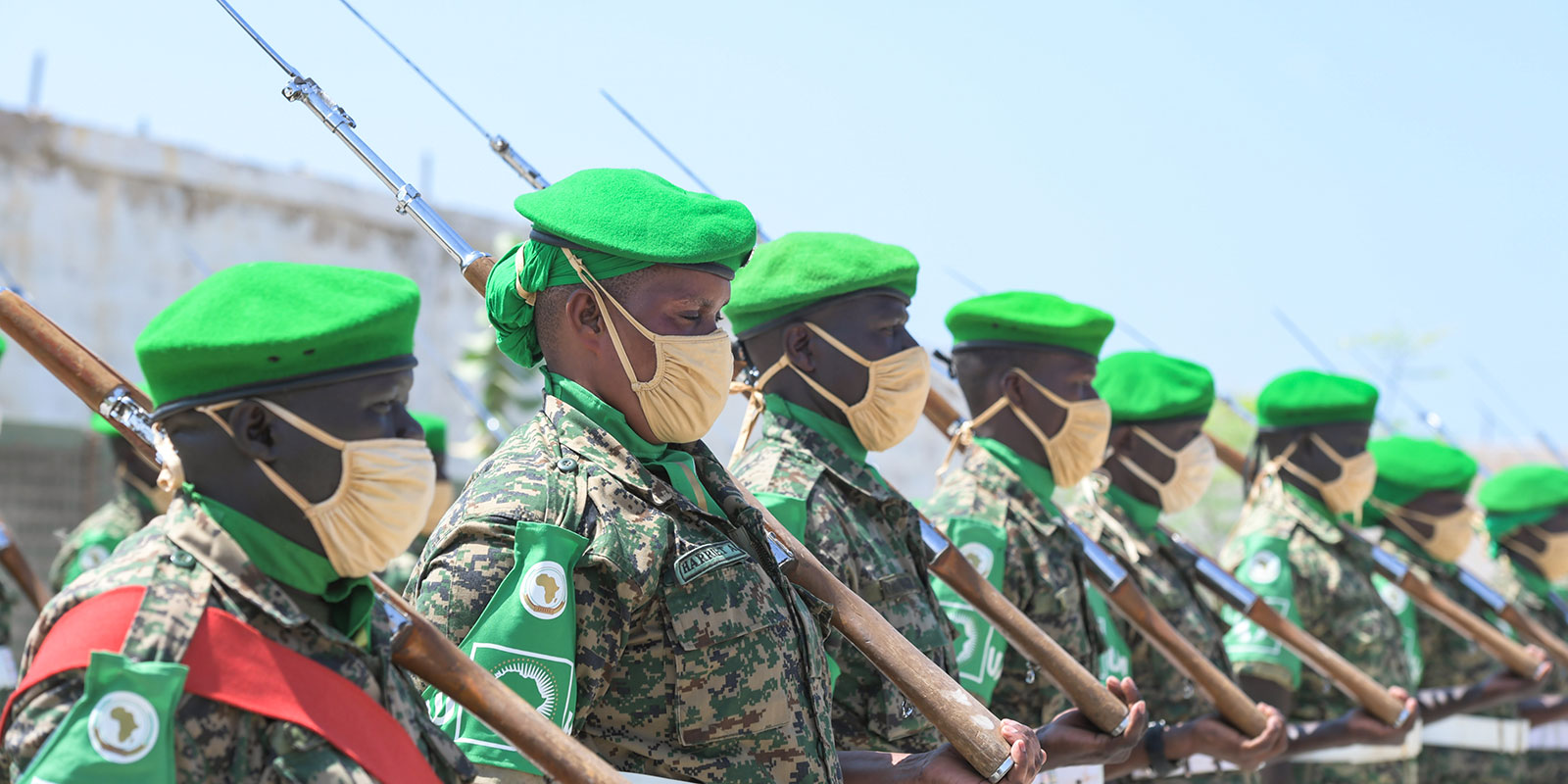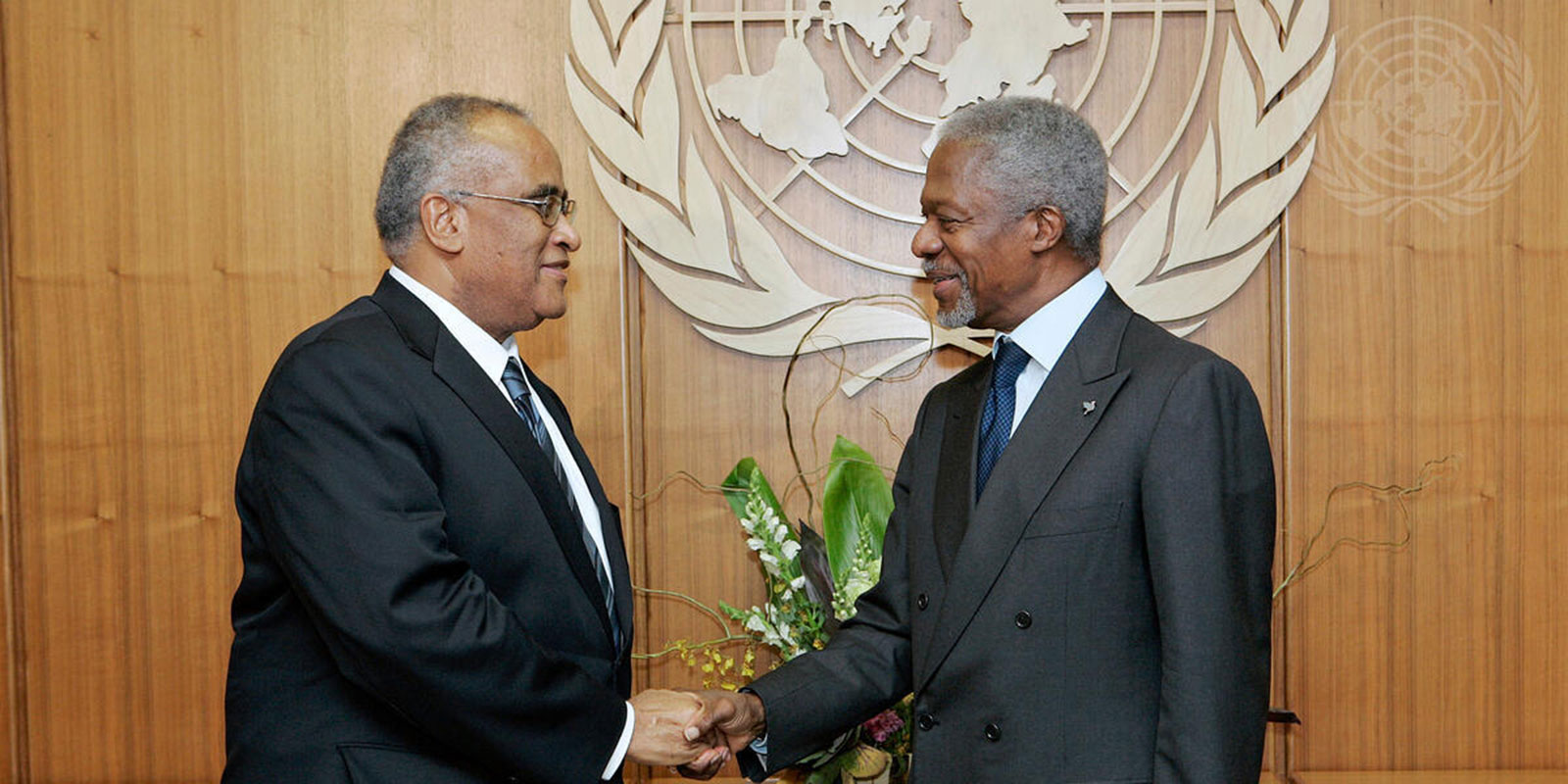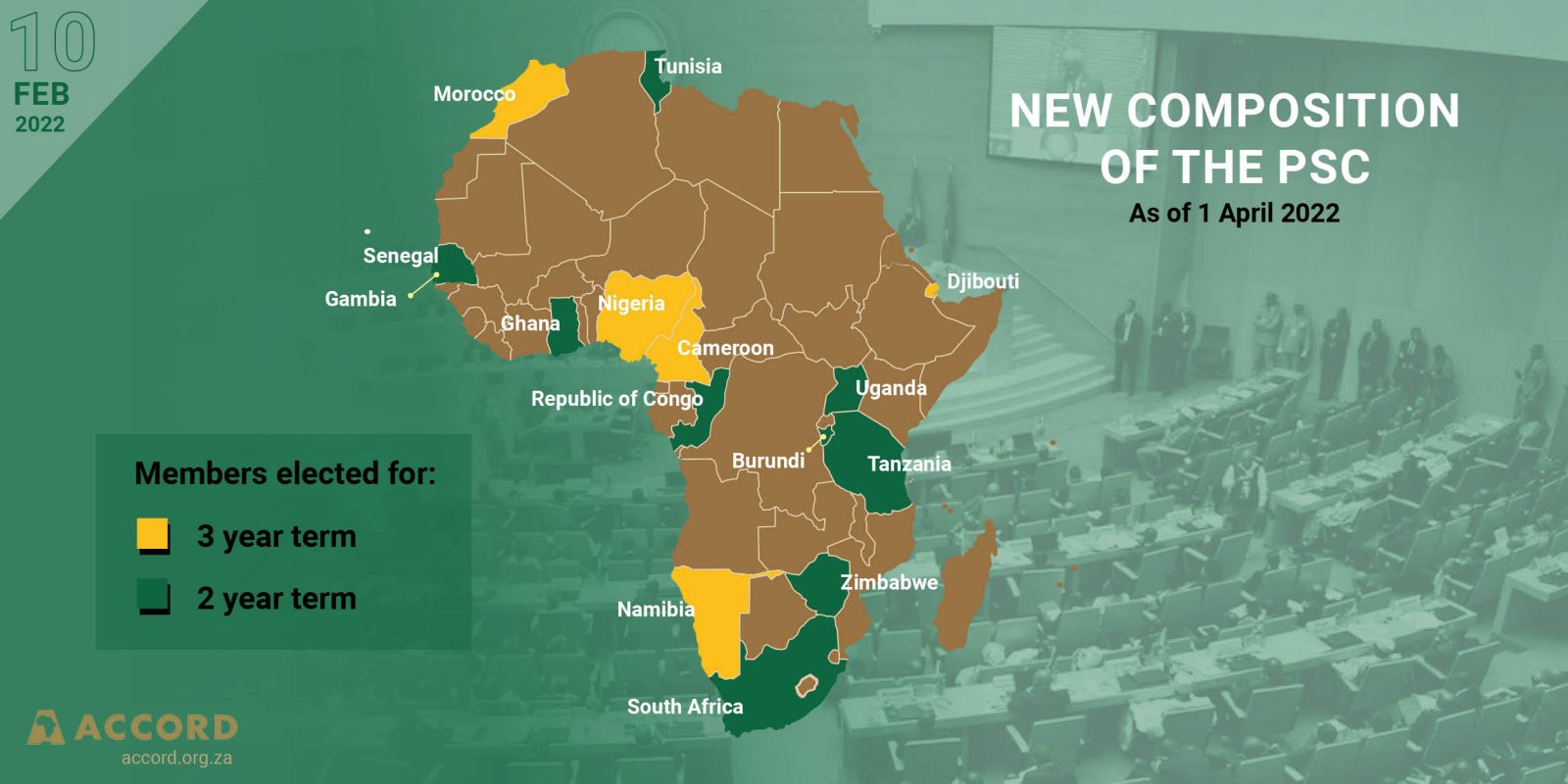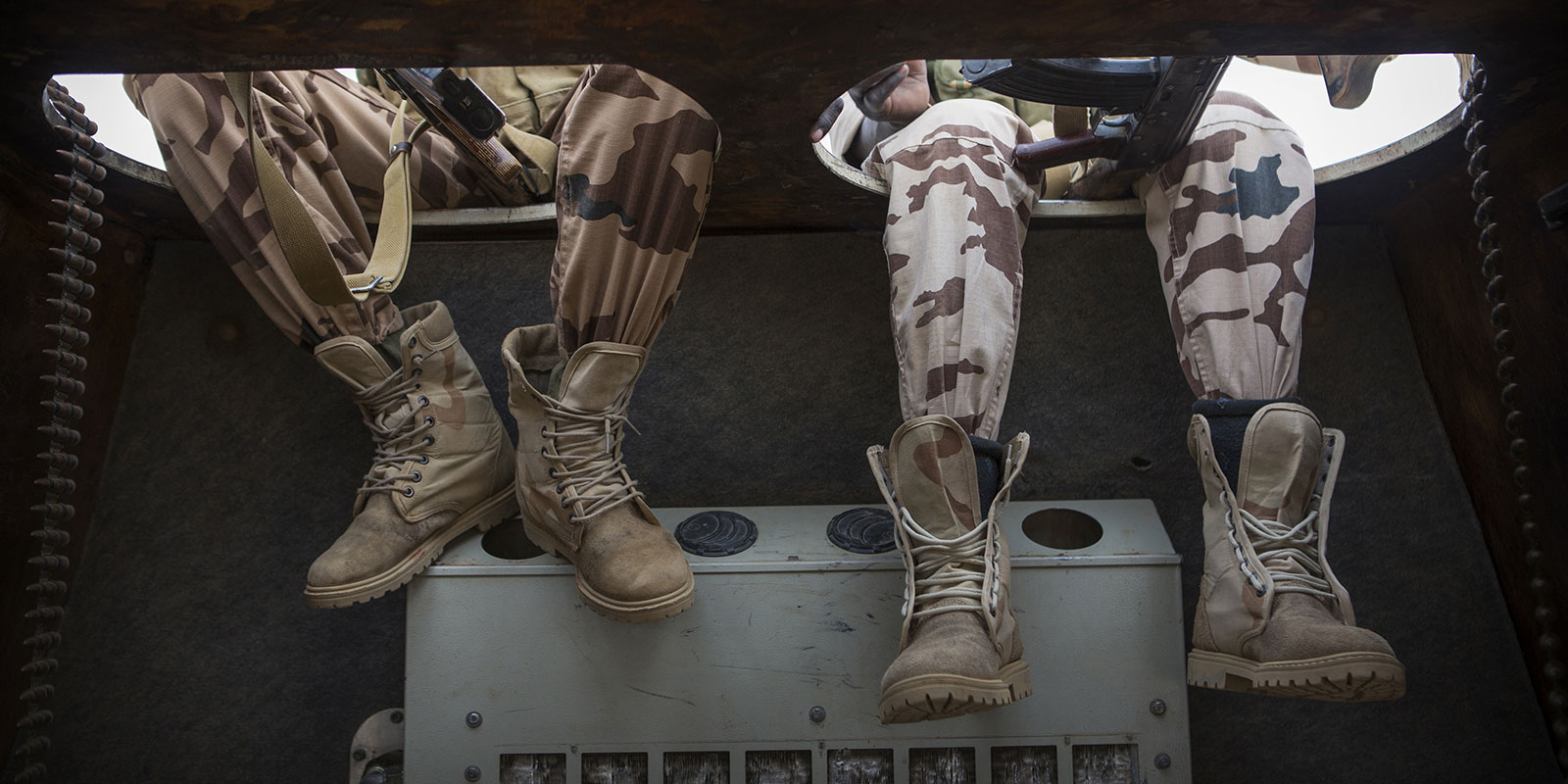Welcome to the first ACCORD Conflict & Resilience Monitor for 2022. The Monitor series will continue to offer blog-size commentary and analysis on conflict and resilience trends in Africa, but it will broaden its scope beyond its previous focus on COVID-19 related peace and security risks. The Monitor is also shifting from a weekly to a monthly publication, which will enable us to invest more time in curating a quality collection of thought pieces every month.
We kick-off this edition of the Monitor with an article from our founder and executive director, Dr. Vasu Gounden which interrogates the implications of the current world dis-order for Africa and discusses opportunities for leaders to respond. In this piece, Dr Gounden argues that, “African leaders therefore owe it to their people, and have a responsibility, to act in the best interest of their people and not to acquiesce to the overtures of external interests for their own narrow political or personal interests”.
Related to this comparison with the Cold War, Dr. Solomon Dersso cautions Africa to prepare for a new Cold War in our second article. He argues that during the last Cold War, African nations were trapped in the middle, forced to choose sides as the United States and the Soviet Union sought to expand their respective spheres of influence. He makes a case for Africa needing to be better prepared to fend for itself in the context of a changing global order.
This past weekend the 35th African Union (AU) Summit took place in Addis Ababa. It was the first in-person summit since the outbreak of COVID-19 and it also marked the 20th anniversary of the AU. In our third piece, Professor Jo-Ansie van Wyk reviews the key issues that were discussed at the summit, and analyses some of the implications for the AU’s priorities in 2022.
Dr. Salim Ahmed Salim recently celebrated his 80th birthday. In our fourth contribution, Ambassador Said Djinnit pays tribute to him for his exceptional contribution to his home country Tanzania, the United Nations (UN), and more particularly in shaping many a crucial moment in the life of the Organisation of African Unity (OAU).
The African Union Mission in Somalia (AMISOM) is on the cusp of transforming into a new African Union Transition Mission in Somalia (ATMIS). In our fifth piece, the Special Representative of the Chairperson of the AU Commission for Somalia and Head of Mission of AMISOM, Ambassador Francisco Madeira reflects on the legacy of AMISOM and the key drivers that will influence the focus of the new mission.
In our sixth piece Hannah Ryder and Ovigwe Egeugu analyse China’s growing role in peace and security in Africa, and how China’s role is perceived by Africans and African institutions and governments.In our final contribution, Fatan Aggad discusses the partnership between the AU and the European Union (EU), and the avenues for AU-EU co-operation in the area of climate change. She points out that Africa has significant, but under-exploited, renewable energy potential, especially in the solar and hydrogen areas, and that through appropriate financing, the EU could play a role in tapping into this potential and that the AU-EU Summit could lay the ground for such a partnership.

